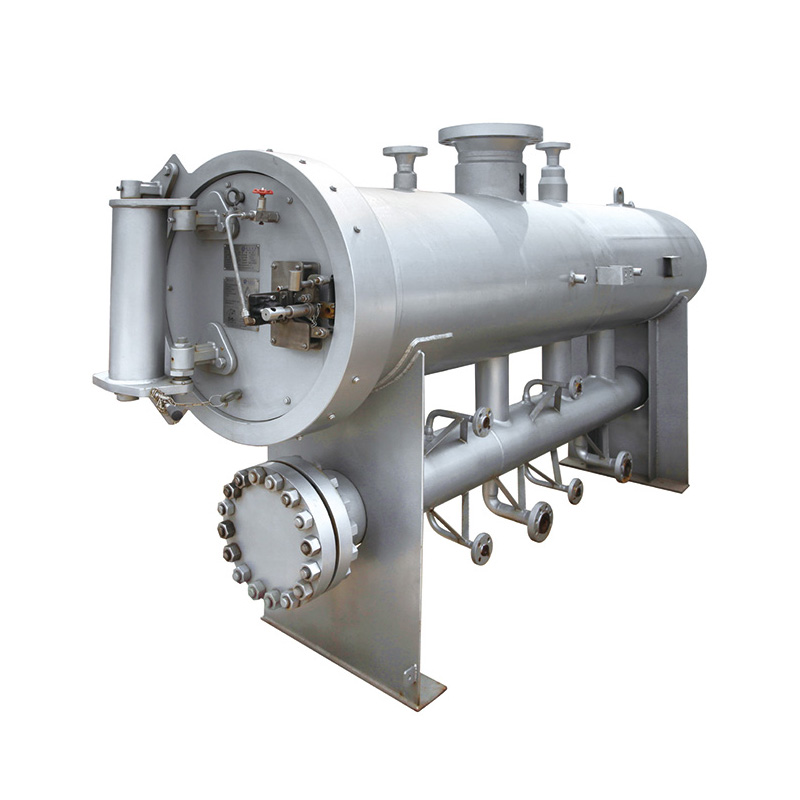
Sep . 30, 2024 00:05
Back to list
Gas Metering Device for Efficient Energy Management and Monitoring Solutions
The Gas Meter An Essential Device for Energy Management
Gas meters play a crucial role in our daily lives, serving as the bridge between natural gas utilities and consumers. From households that use gas for heating and cooking to large industrial facilities relying on gas for their operations, gas meters ensure accurate measurement and billing. This article delves into the significance, functionality, and advancements in gas metering technology.
Understanding Gas Meters
A gas meter is a device that measures the volume of gas consumed by a residence or business. Typically installed at the point where the gas enters a building, these devices can be mechanical or digital. Mechanical gas meters use rotating dials to indicate the amount of gas flowing through them, while digital gas meters employ electronic sensors to provide precise readings.
Regardless of the type, all gas meters help utility companies bill customers accurately based on their actual gas usage. This is not only important for financial reasons but also for promoting energy conservation and responsible consumption.
The Importance of Gas Meters
The foremost role of gas meters is measurement. Accurate readings enable utility companies to generate bills that reflect actual consumption, rather than estimates based on previous usage. This transparency is critical, as it builds trust between consumers and providers. Furthermore, understanding gas consumption patterns helps households and businesses manage their energy costs more effectively.
.
Technological Advancements
جهاز التغويز

The advent of smart technology has revolutionized gas metering. Smart gas meters employ advanced sensors and communication technologies to transmit data directly to utility providers in real-time. This innovation allows for more accurate billing, reduces the need for manual meter reading, and offers consumers insights into their energy usage patterns.
With smart meters, customers can monitor their gas consumption through online platforms or mobile applications. These tools provide valuable feedback, allowing users to make informed decisions about their energy use, identify potential savings, and contribute to sustainability efforts.
Furthermore, smart gas meters support integration with smart home systems, where consumers can control their energy use more effectively. For instance, they can adjust heating based on what they can afford, making energy management more personalized and efficient.
Future of Gas Metering
As energy landscapes evolve with the increasing emphasis on sustainability and efficiency, the future of gas metering looks promising. The integration of renewable energy sources and the push for decarbonization in heating methods are redefining how we think about gas consumption. Gas meters will likely adapt to accommodate various energy forms, including hydrogen, biogas, and other alternatives.
Moreover, regulatory bodies are pushing for standards that ensure the accuracy and reliability of gas meters, further promoting the adoption of smart technology. As these advances continue, consumers will benefit from enhanced control over their energy consumption, leading to both cost savings and decreased environmental impact.
Conclusion
In conclusion, gas meters are essential devices that not only facilitate accurate billing but also promote safety and energy efficiency. With technological advancements paving the way for smarter solutions, the future of gas metering promises to empower consumers in managing their energy use more effectively. As we move towards a more sustainable and energy-conscious society, the significance of gas meters will only grow, making them a pivotal component of modern energy management systems.
Latest news
-
Safety Valve Spring-Loaded Design Overpressure ProtectionNewsJul.25,2025
-
Precision Voltage Regulator AC5 Accuracy Grade PerformanceNewsJul.25,2025
-
Natural Gas Pressure Regulating Skid Industrial Pipeline ApplicationsNewsJul.25,2025
-
Natural Gas Filter Stainless Steel Mesh Element DesignNewsJul.25,2025
-
Gas Pressure Regulator Valve Direct-Acting Spring-Loaded DesignNewsJul.25,2025
-
Decompression Equipment Multi-Stage Heat Exchange System DesignNewsJul.25,2025

